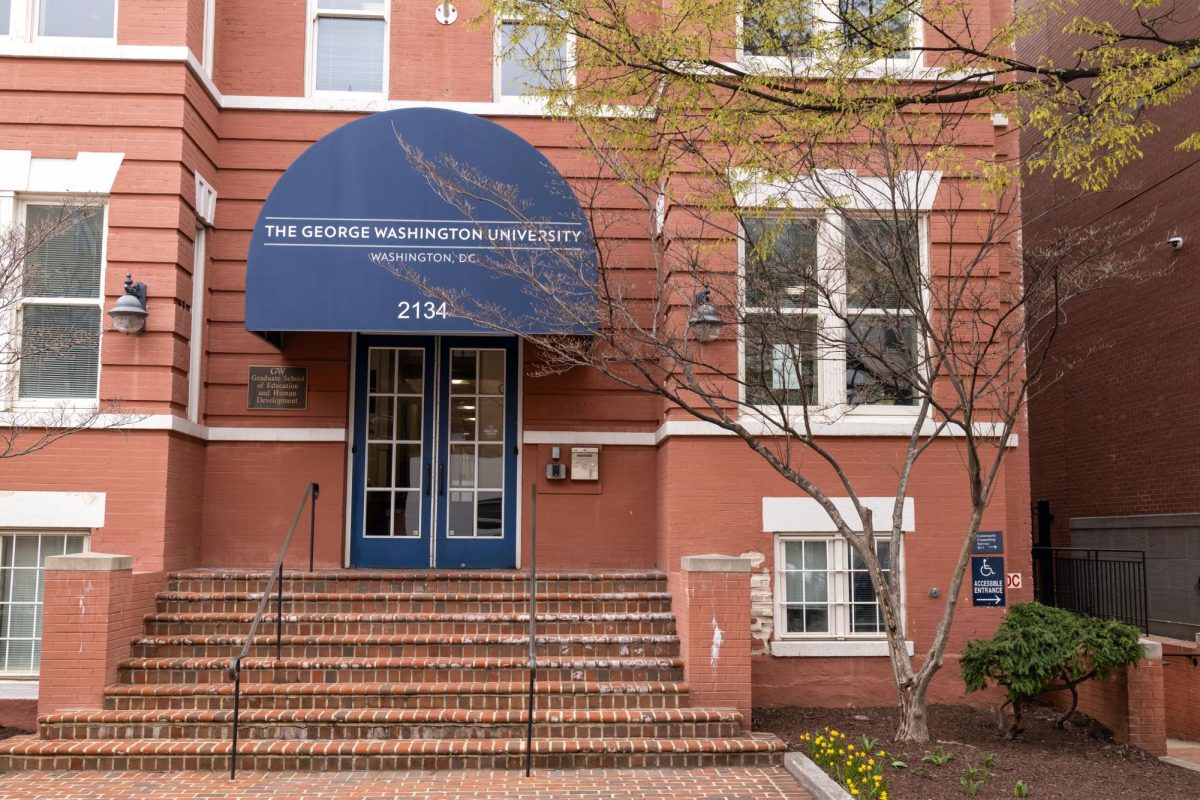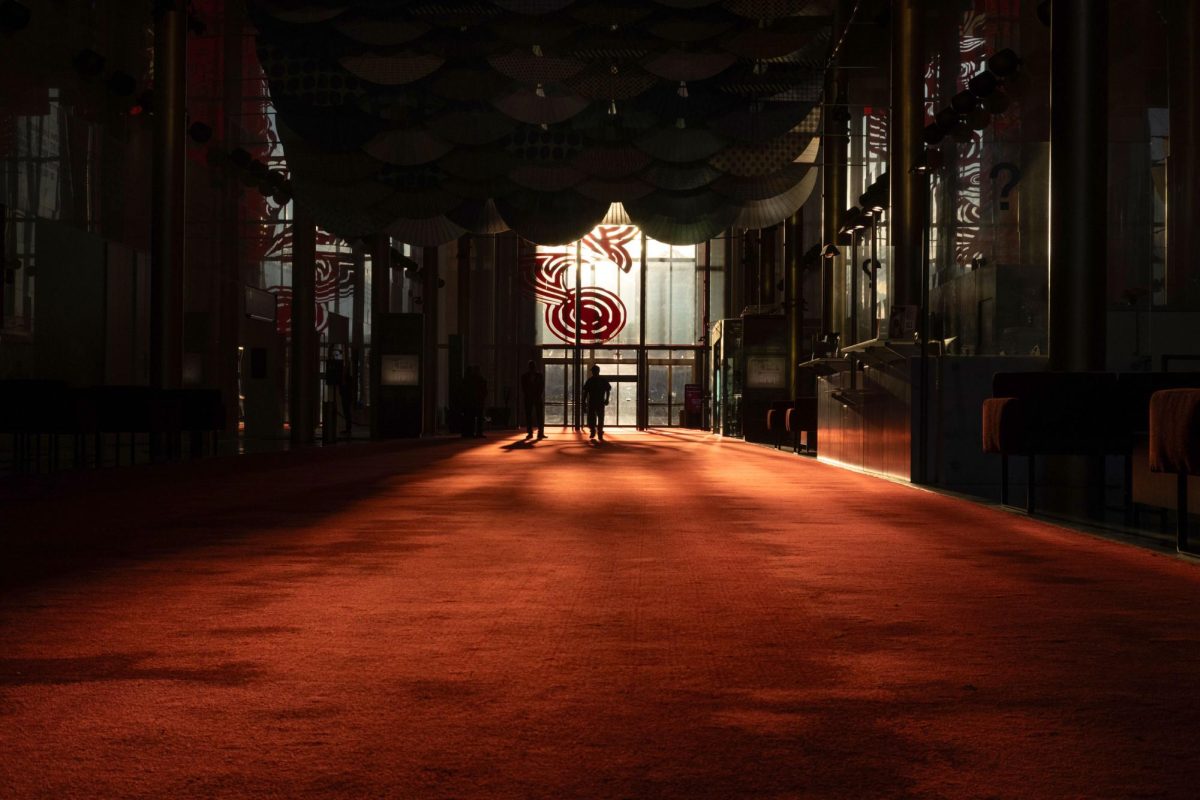A former student convicted of drug charges lost an appeal in D.C. Superior Court, stating the evidence used in his case was found in an unconstitutional search by University Police Department officers.
Jason Limpuangthip, 24, was convicted in 2005 of possession with intent to distribute marijuana, possession of drug paraphernalia and possession of psychedelic mushrooms, according to court documents. His one-year prison sentence was suspended, according to the U.S. Attorney’s Office. Instead he recieved supervised probation and a $500 fine.
The case challenged the constitutionality of administrative searches in residence hall rooms, stating the search violates the Fourth Amendment – which protects citizens from unreasonable searches and seizures performed without a warrant.
In February 2005, Ivory Hall Community Director Penny Davis received an anonymous tip that Limpuangthip had drugs in his residence hall room, according to court documents. A search by the community director revealed eight grams of marijuana, 3.5 grams of psychedelic mushrooms, several smoking devices, plastic baggies with marijuana leaf imprints, a silver grinder, a small scale and about $6,000 in cash.
Two uniformed UPD officers accompanied Davis, secured the area, gave her the room’s key and placed the evidence in plastic bags. The decision states that since UPD did not physically search the room, the Fourth Amendment was not violated.
The Hatchet was unable to reach Limpuangthip for comment on his case or its sentencing. Friends and family members of Limpuangthip said they could not contact him. No one answered the door at his Bethesda, Md., home Saturday evening. His defense
attorney, Thomas Key, declined to comment on the case.
Court records state that since UPD officers are designated as “Special Police Officers” by the District, they would need a warrant to enter the room. The appeal attempted to mullify the evidence used in his first conviction.
The decision from the court states the search was not unconstitutional because it was performed by the community director, not UPD officers. It adds the officers – while being an official police force – were not acting on state orders, thereby negating the need for a warrant.
Tara W. Pereira, director of Student Judicial Services, said although she could not comment on individual cases, housing community directors are authorized to perform warrantless searches because of the residence hall license agreement.
“Community directors perform administrative searches when there is evidence of contraband items in the room – not including alcohol – such as illegal drugs or weapons,” Pereira said.
The residence hall license agreement, signed by all GW students living on campus, gives the University the right to search a room.
“The University further reserves the right to inspect a room at any time . and its contents for violations of University or residence hall regulations.,” the agreement states.
Davis testified that the search “was to identify any health or safety hazards, to identify any problematic activities that might be occurring in the residence hall.” She also said she did not enter the room to “collect evidence for a criminal case,” according to court documents.
Orin Kerr, a GW law professor specializing in privacy law said courts often struggle with cases like Limpuangthip’s because the line between private conduct and government action is not always clear.
“The lesson here is that the Fourth Amendment protects people from the government but not from everyone else,” Kerr said. “I’m not sure the court got it right, but either way it was a hard case.”
Eric Roper contributed to this report.






